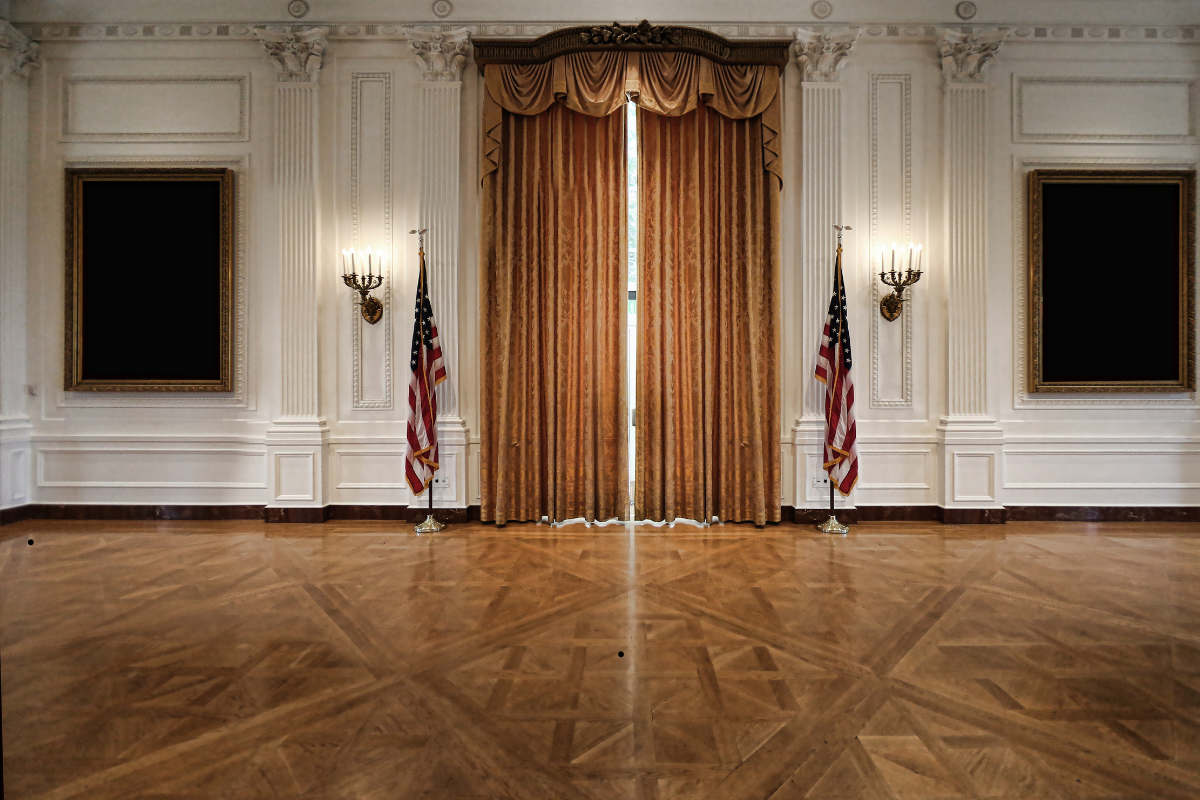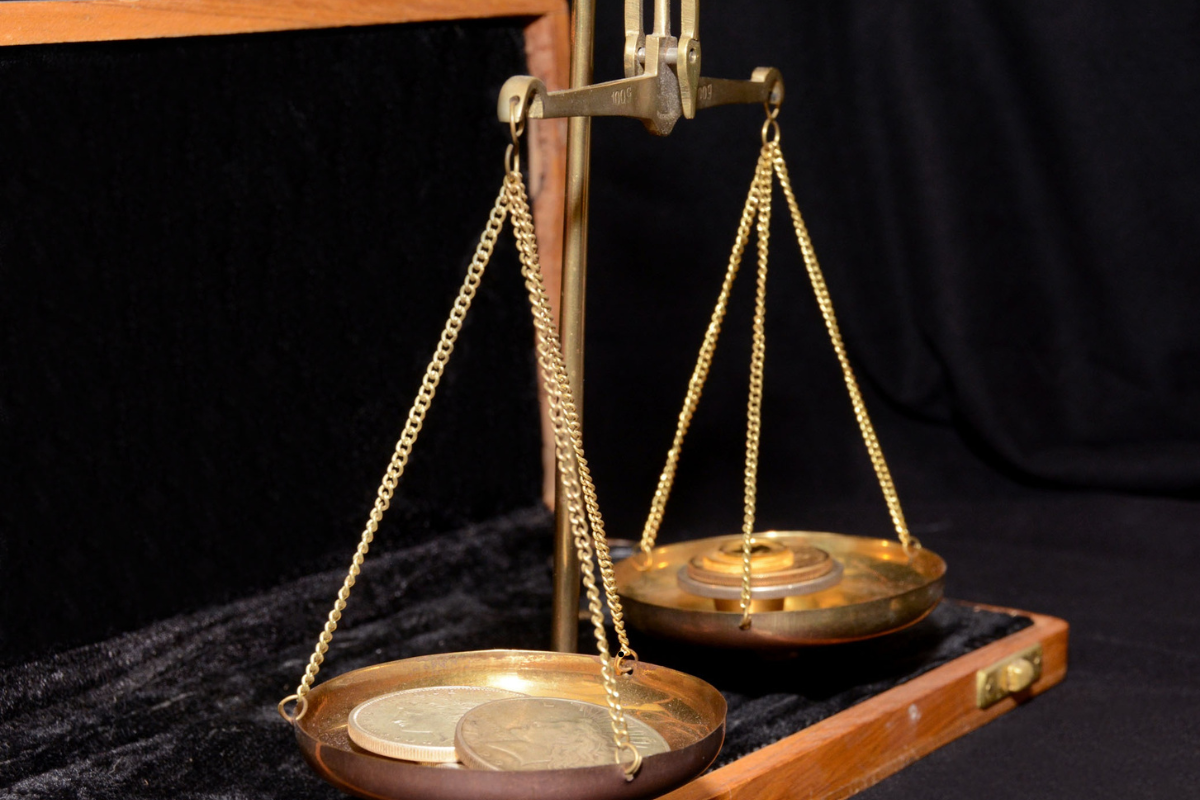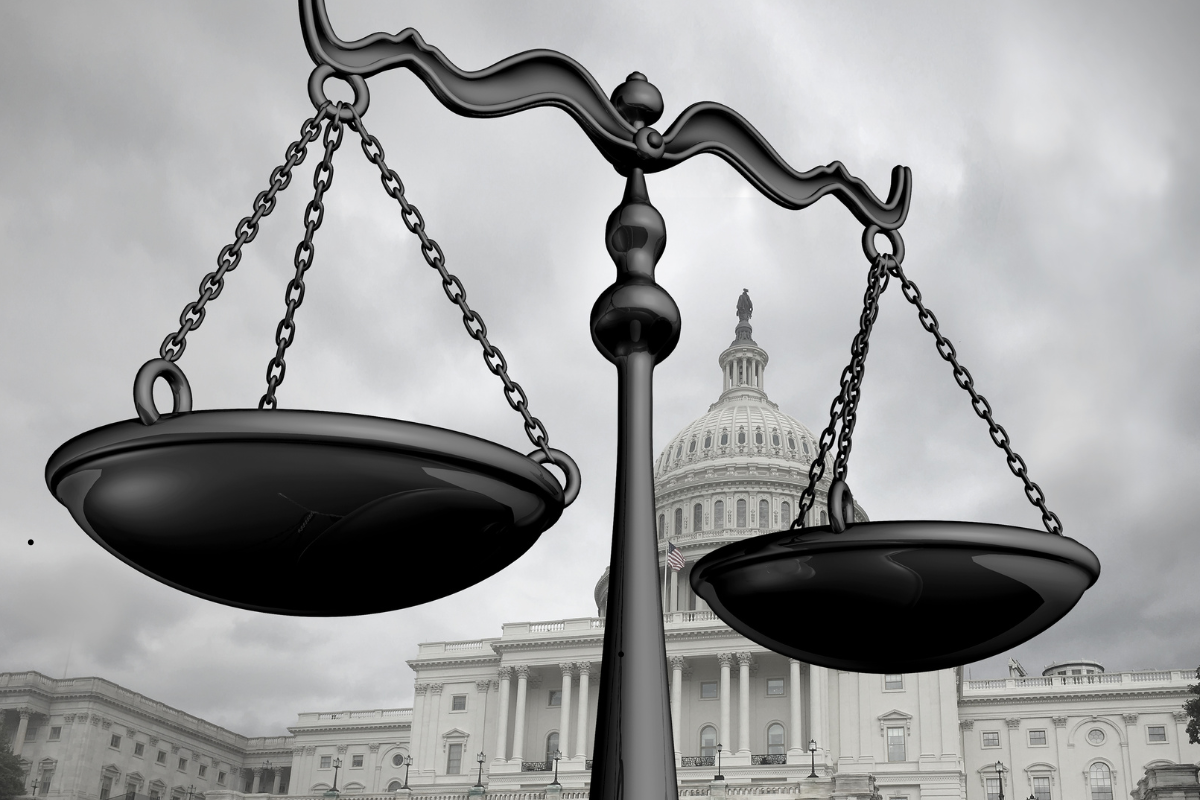What makes it “necessary”?
I suppose the three most famous opening lines of any American political documents are “When in the course of human events” and “we the people” and “Fourscore and seven years ago.” That second one is an outlier, the third referring back to the first. We are now happening upon twelve-score and nine years when our forefathers brought forth on this continent not, as Lincoln said, a new nation but a collection of “free and independent” states that announced to the world the reasons for their dissolution of the political bonds that tied them to England. Nor were those states primarily committed to a “proposition,” as Lincoln insisted, but engaged in a remonstrance against the crown for violating established practices.
Political theorists like to debate whether the Declaration creates a “propositional nation,” that proposition referring to equality and natural rights, and this largely arcane debate has had real world consequences. I’m not going to litigate that here, however. I’m going to focus on the clause that follows the opening seven words: “it becomes necessary for one people to dissolve the political bands which have connected them with another….”
Thoughts on the Permissibility of Revolution
What, in the course of events, made such dissolution “necessary,” implying as it does that no other recourse is available? Political theorists had long debated the morality of revolution, politics largely predicated on relations of command and obedience. If governing authorities hold their place by nature, or if all government is (as Romans 13 says) ordained by God — well, what God has established no man may put aside. Christian thinkers largely rejected the permissibility of revolution, and in any case since Christians were largely sojourners in this world anyway, there seemed little point in exchanging one unjust regime for another.
Saint Thomas Aquinas (1225-1274 A.D.), at least early in his writings, argued that while sedition was morally wrong and subjects had an obligation to obey rulers, he allowed an exception for tyrannical rule. This exception amounted to a refusal to disobey and to accept the consequences for doing so, but he did not allow for armed rebellion. He did note that there were two main ways rule could be tyrannical: in how it was acquired and in how it was exercised. This distinction proved useful for subsequent thinkers.
The most important carrier of this tradition was the English philosopher John Locke (1632-1704 A.D.) who had read Aquinas carefully but had also been living through a profoundly tumultuous period in English history where rulers were often overthrown and occasionally beheaded. He was writing at a time when revolution had become fact, and it was up to him to catch up to that in theory. In his First Treatise of Government he dealt with the problem of how tyrannical power gets acquired, arguing against the predominant theory of “the divine right of kings” in favor of the idea of popular sovereignty (the people themselves, and not God, as the source of legitimate rule). In his Second Treatise he argued against tyrannical rule in its exercise, pointing out that government was there to serve specific purposes and when it no longer served those purposes the people, who were after all the source of authority, had the right to overthrow the government.
Locke’s Thoughts
Locke tried to place limits on the right to revolution, recognizing its potential to lead to anarchy. (Readers of the essay on Federalist 49 will be somewhat familiar with Locke’s argument.) Locke:
“… such Revolutions happen not upon every little mismanagement in publick affairs. Great mistakes in the ruling part, many wrong and inconvenient Laws, and all the slips of humane frailty will be born by the People, without mutiny or murmur. But if a long train of Abuses, Prevarications, and Artifices, all tending the same way, make the design visible to the People, and they cannot but feel, what they lie under, and see, whither they are going; 'tis not to be wonder'd, that they should then rouze themselves, and endeavour to put the rule into such hands, which may secure to them the ends for which Government was at first erected; and without which, ancient Names, and specious Forms, are so far from being better, that they are much worse, than the state of Nature, or pure Anarchy; the inconveniencies being all as great and as near, but the remedy farther off and more difficult.”
The careful reader will note the similarity to Jefferson’s language in the Declaration (“abuses and usurpations”) and will also note that Jefferson’s argument is clearly derived directly from Locke. After paraphrasing Locke’s argument Jefferson returned to the idea of necessity: the colonies, he argued, had been patient, but now necessity (ironically, in the name of freedom) compelled them to act.
The bulk of the Declaration consists of a listing of “the repeated injuries and usurpations” that amount to “an absolute tyranny over these states.” While Jefferson may have referred earlier in the Declaration to rights people enjoy as “endowed by their Creator,” the list that follows are either practical in origin or the rights that emerged in English history and were codified in the common law (which amounts to much the same thing).
Locke, like Aquinas, took the law of self-preservation to be fundamental, and so any law that went against the law of self-preservation necessarily constituted illegitimate tyranny. No one could be compelled to obey such a law. In his reflections on revolution Locke argued that since the purpose of government was the preservation of property, a government that confiscated property acted contrary to its own appointed ends, thus justifying revolution. Locke held out hope that reason and self-interest would prevail upon the people to save their pitchforks for extreme situations.
Limits of Revolution
What neither Locke nor Jefferson could successfully do is determine the tipping point. Both having referred to a succession of abuses, the question remained as to how many were required before revolution became justifiable. Jefferson concludes his laundry list by insisting that “In every stage of these Oppressions We have Petitioned for Redress in the most humble terms: Our repeated Petitions have been answered only by repeated injury. A Prince, whose character is thus marked by every act which may define a Tyrant, is unfit to be the ruler of a free people.” OK — so the king abuses his power and doesn’t listen. Some of Jefferson’s grievances are substantial, but some are petty. The king, for his part, failed in his judgment, underestimating how 150 years of self-rule had hardened the colonists against any tightening of the screws from the crown.
The separation applies not only to the crown. The British people have also been deaf to the pleas of the colonists. Note again the appeal to necessity: “They [British subjects] too have been deaf to the voice of justice and of consanguinity. We must, therefore, acquiesce in the necessity, which denounces our Separation, and hold them, as we hold the rest of mankind, Enemies in War, in Peace Friends.” Subjects in the colonies soon divided into Tories and Loyalists, the latter not willing to sever all ties to their fellow British subjects, or not willing yet, or opposed to revolution itself.
Here, again, we need to keep a simple lesson in mind: the thought often comes after the act. The revolution was already in motion and it was left to Jefferson and his compatriots to provide a justification for what was already occurring. Especially since most of the colonies had already issued their own declarations of independence, the Continental Congress felt compelled to do likewise.
But more than a mere justification. Once the Declaration was written there was no turning back. Whatever conciliations, compromises, or concessions remained available that could have prevented further bloodshed were now off the table. Having declared the right to life inalienable, Jefferson concluded by pledging his life to everyone engaged in the cause, along with “our Fortunes and our Sacred Honour.” Perhaps only such high dudgeon and raising of the stakes can compel one to see an option as a necessity.
Director of the Ford Leadership Forum, Gerald R. Ford Presidential Foundation
Related Essays




